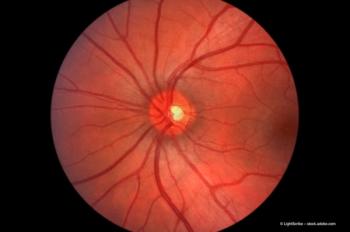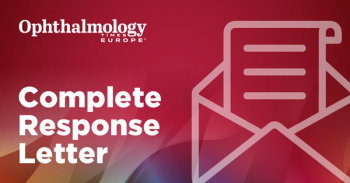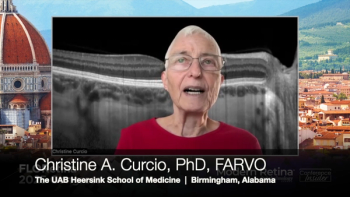
Ocular nutrition: What physicians should be telling their patients
The AREDS 1 and 2 studies provide important information about the role of ocular nutrition in macular degeneration. However, to benefit patients, the findings must be condensed into clear and concise advice that will help them select appropriate vitamin supplements and follow a healthy lifestyle.
The most reliable information on ocular nutrition and AMD today has emerged from the Age-Related Eye Disease Study (AREDS 1 and 2), sponsored by the National Eye Institute (NEI). "However, these studies were complicated, and what patients need is a simple answer," said Dr Michael J. Cooney, MBA, who was an AREDS investigator. In his view, the AREDS studies should be the basis for what to tell patients.
Why AREDS?
"These were pretty astounding results and a pretty dramatic risk reduction from just taking a vitamin, and the public health impact is obviously significant," said Dr Cooney, who is in practice with Vitreous Retina Macula Consultants of New York.
The NEI estimated that if all patients with category 3 and 4 AMD took an AREDS formula vitamin as directed, 500000 incidents of AMD-associated vision loss could be prevented over 5 years.
With these findings, an antioxidant vitamin and mineral supplement became a standard recommendation for patients with intermediate and advanced AMD - but not for those with early AMD or no clinical signs.
Other ocular nutrition studies evaluated the role of additional nutrients - such as lutein, zeaxanthin and omega-3 long-chain polyunsaturated fatty acids - and seemed to suggest that these were beneficial for eye health. AREDS investigators launched a second study to see if the addition of any of these nutrients would improve the original AREDS formula and achieve an additional significant reduction in risk of AMD progression.
Newsletter
Get the essential updates shaping the future of pharma manufacturing and compliance—subscribe today to Pharmaceutical Technology and never miss a breakthrough.




























